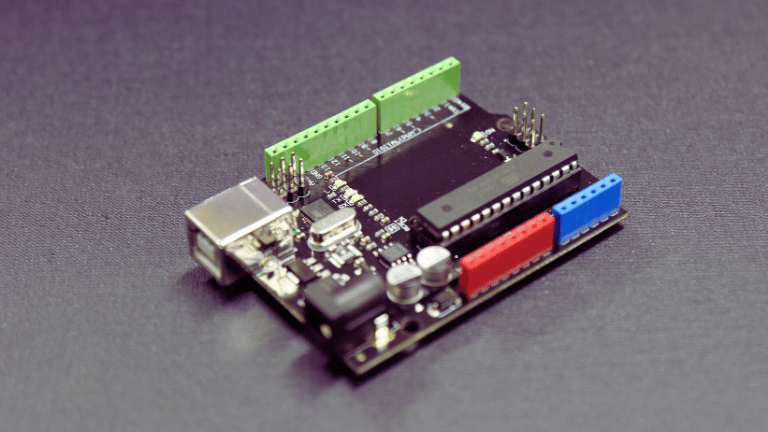Read more
產業應用
探索 FSR 感測器如何實現即時監控並提供有價值的數據以提高營運效率。


FSR感測器在監控與管理中的應用
在今天這個競爭激烈的市場中,企業都在努力提升生產力和運營效率。壓力感測器(FSR)就是一個有效的工具,這項成熟的技術提供了強大的監控和數據收集解決方案。FSR 感測器在三個主要領域提供了重要的優勢:提前準備、即時監控和用數據做決策。
透將 FSR 感測器整合進工作流程,企業可以:
- 設定提前提醒,確保及時採取行動。
- 即時監控營運情況,降低風險並立即處理突發事件。
- 利用數據分析來調整工作流程,做出更明智的決策。

FSR感測器如何提升生產監控
有效的生產監控對於製造商來說非常重要,有助於減少風險並避免生產線偏差所帶來的利潤損失。FSR 感測器提供了一個有效且高效的解決方法來達成這一目標。
FSR感測器在生產監控中的應用:
- 機械設備監控: FSR感測器可以整合進機械系統中,用於追蹤設備運行並偵測異常情況。
- 輸送系統監控: FSR感測器可用來監控輸送帶上的重量或壓力,確保負載分佈均勻,並即時發現可能影響生產流程的任何異常情況。
透過持續監控,FSR 感測器能及時發出警報,讓操作員能迅速做出調整。此外,它們還能:
- 追蹤設備運行狀況,優化維護計劃。
- 提供及時的預防性維護提醒,降低停機時間和維修成本。
透過分析生產線數據,企業主可以評估工作流程效率、改善資產管理,並最大化利潤空間。

FSR感測器如何改善庫存管理
庫存管理對企業非常重要,有助於保持營運順暢並滿足市場需求。FSR 感測器提供了一個實用的解決方案,能夠即時監控庫存並進行優化。
FSR感測器在庫存管理中的應用:
- 小型物品的管理: FSR感測器非常適合偵測輕微的壓力變化,非常適合用於管理小型組件或易碎物品。
- 即時庫存監控: 將 FSR 感測器安裝在庫存物品下方,能夠持續發送庫存數據,幫助操作員隨時掌握庫存狀況。
FSR感測器還能設置低庫存警報,提醒操作員在庫存量過低時及時補貨。此外,庫存數據還能:
- 分析市場需求變化及季節性使用趨勢。
- 識別滯銷商品,提升庫存規劃效率。
這些數據能幫助企業做出明智的決策,簡化運營流程並改善庫存管理。
結論
FSR感測器是一個多功能且具成本效益的解決方案,幫助企業提高生產力和效率。它能輕鬆整合到現有的工作流程中,提供即時支援、警報和數據收集,幫助企業做出更好的決策。此外,FSR 感測器的低能耗和高效能,價格實惠,不僅環保,還適用於各種規模的企業。
最近更新
Collaboration Begins Here.



